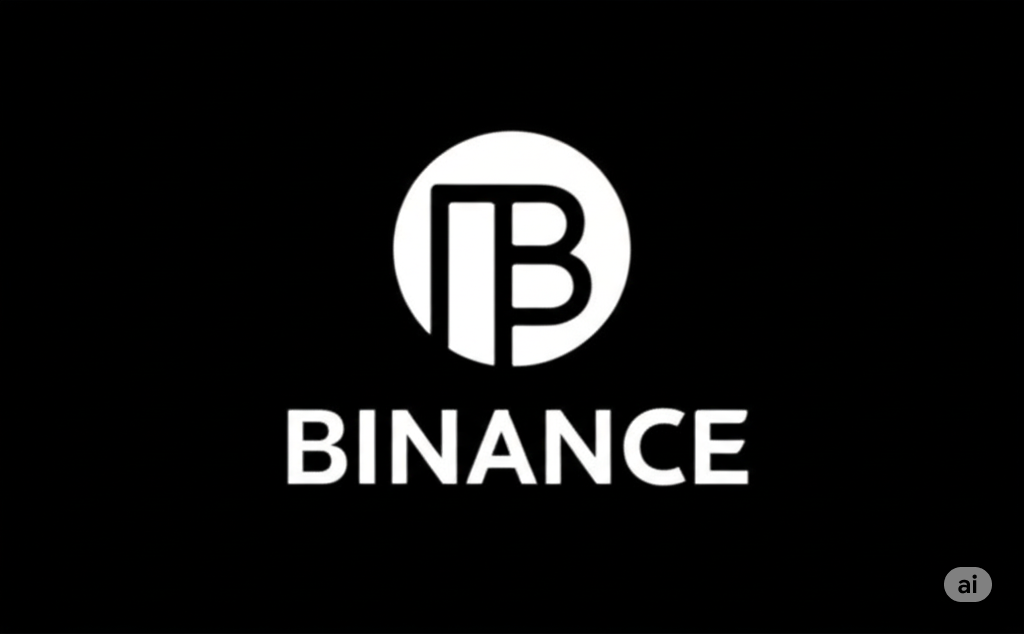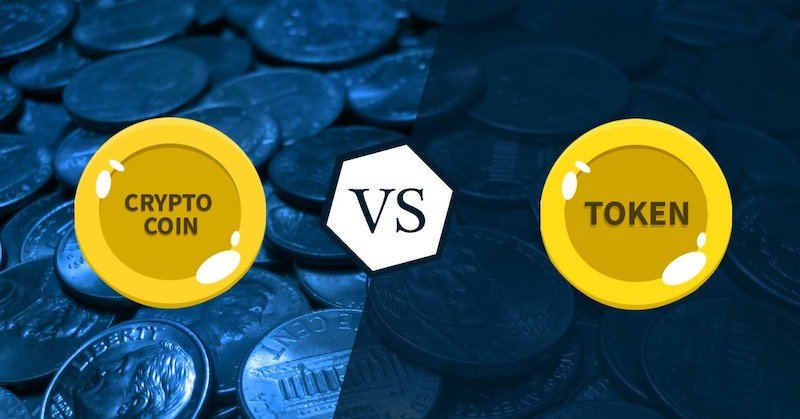The allure of cryptocurrency has captured the attention of investors worldwide, and India is no exception. With the potential for high returns and the innovative nature of blockchain technology, more and more Indians are looking to diversify their portfolios with digital assets. However, navigating this relatively new landscape can be daunting for beginners. This guide will walk you through the essential steps on how to start investing in crypto in India responsibly and effectively.
1. Educate Yourself:
Before putting any money into cryptocurrencies, it’s crucial to understand what they are, how they work, and the inherent risks involved. Don’t fall prey to hype or FOMO (Fear Of Missing Out).
- Understand the Basics: Learn about blockchain technology, different types of cryptocurrencies (Bitcoin, Ethereum, Solana, etc.), and their use cases.
- Research Different Cryptocurrencies: Don’t just invest in what’s trending. Understand the fundamentals, technology, and potential of each project you consider.
- Be Aware of the Risks: Cryptocurrency investments are highly volatile. Prices can fluctuate dramatically and you could lose a significant portion of your investment. Understand the regulatory landscape in India, which can be subject to change.
- Learn About Wallets and Exchanges: Familiarize yourself with different types of crypto wallets (custodial vs. non-custodial, software vs. hardware) and cryptocurrency exchanges.
2. Choose a Reputable Cryptocurrency Exchange:
Selecting the right exchange is a critical first step. For investors in India, consider platforms that:
- Operate Legally in India: Ensure the exchange complies with Indian regulations and KYC/AML (Know Your Customer/Anti-Money Laundering) requirements.
- Offer INR Support: Look for exchanges that allow you to deposit and withdraw Indian Rupees easily through methods like UPI, bank transfers, and other local payment options.
- Have a User-Friendly Interface: Especially for beginners, a simple and intuitive platform is essential for easy navigation and trading.
- Provide Adequate Security Measures: Check for features like two-factor authentication (2FA), cold storage of funds, and other security protocols.
- Offer a Variety of Cryptocurrencies: Ensure the exchange lists the cryptocurrencies you are interested in investing in.
- Have Reasonable Fees: Compare the trading fees, deposit fees, and withdrawal fees of different exchanges.
- Provide Customer Support: Reliable customer support can be invaluable if you encounter any issues.
Some popular cryptocurrency exchanges operating in India include (but are not limited to) CoinDCX, CoinSwitch Kuber, WazirX (note: WazirX has faced regulatory scrutiny, so exercise caution and stay updated on the latest news), and international exchanges like Binance and KuCoin (ensure you are aware of and compliant with Indian regulations when using international platforms).
3. Complete KYC Verification:
Once you’ve chosen an exchange, you’ll need to create an account and complete the Know Your Customer (KYC) process. This typically involves providing personal details, uploading identification documents (like your PAN card, Aadhaar card, etc.), and completing a verification process. This is a mandatory step for regulatory compliance.
4. Fund Your Account:
After your account is verified, you can deposit INR using the available payment methods offered by the exchange. Popular options include UPI, bank transfers, and sometimes mobile wallets.
5. Start with Small Investments:
As a beginner, it’s wise to start with small amounts that you are comfortable potentially losing. Don’t invest a significant portion of your savings in cryptocurrencies, especially in the initial stages. This allows you to learn and understand the market dynamics without excessive risk.
6. Choose Your Cryptocurrencies Wisely:
Don’t just buy based on hype. Conduct your own research (DYOR – Do Your Own Research) on the cryptocurrencies you are considering. Understand their technology, use cases, team, and market capitalization. Consider diversifying your initial investments across a few different cryptocurrencies rather than putting all your funds into a single asset.
7. Decide on Your Investment Strategy:
There are various approaches to crypto investing:
- Long-Term Holding (Hodling): Buying and holding cryptocurrencies for an extended period, believing in their long-term potential.
- Short-Term Trading: Actively buying and selling cryptocurrencies to profit from short-term price fluctuations. This is riskier and requires more knowledge and time.
- Dollar-Cost Averaging (DCA): Investing a fixed amount of money at regular intervals, regardless of the price. This can help mitigate the impact of volatility.
Choose a strategy that aligns with your risk tolerance and financial goals.
8. Secure Your Investments:
Once you’ve acquired cryptocurrencies, consider your storage options:
- Exchange Wallet: The easiest option, as your crypto is stored on the exchange. However, this means you don’t have direct control over your private keys, and your funds are subject to the exchange’s security.
- Software Wallet (Hot Wallet): Desktop or mobile applications that store your private keys on your device. While more secure than exchange wallets, they are still connected to the internet.
- Hardware Wallet (Cold Wallet): Physical devices that store your private keys offline, providing the highest level of security. This is recommended for larger holdings and long-term storage.
9. Monitor Your Investments and Stay Informed:
The cryptocurrency market is constantly evolving. Stay updated on the latest news, market trends, and regulatory developments in India. Regularly monitor your portfolio but avoid making impulsive decisions based on short-term price swings.
10. Be Prepared for Taxes:
Understand the tax implications of cryptocurrency investments in India. As per current regulations, profits from cryptocurrency trading are subject to taxation. Stay informed about the latest tax rules and ensure you comply with them.
Important Considerations for Indian Investors:
- Regulatory Landscape: The regulations surrounding cryptocurrencies in India are still developing. Stay informed about any new rules or changes that may impact your investments.
- Volatility: Be prepared for significant price swings. Don’t invest money you can’t afford to lose.
- Scams and Fraud: The crypto space attracts scammers. Be wary of unrealistic promises, “get-rich-quick” schemes, and always verify the legitimacy of platforms and projects.
- Financial Advice: Consider consulting a qualified financial advisor before making any significant investment decisions.
Conclusion:
Investing in cryptocurrency in India can be an exciting and potentially rewarding journey. However, it’s essential to approach it with caution, knowledge, and a clear understanding of the risks involved. By following these steps, educating yourself continuously, and prioritizing security, you can navigate the crypto market more confidently and responsibly. Remember that patience and a long-term perspective are often key in the world of cryptocurrency investing.












Leave a Reply